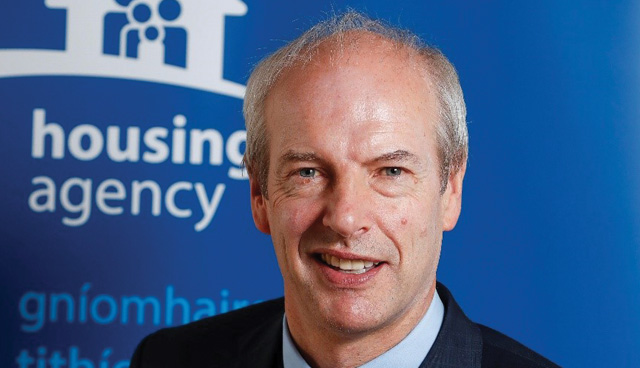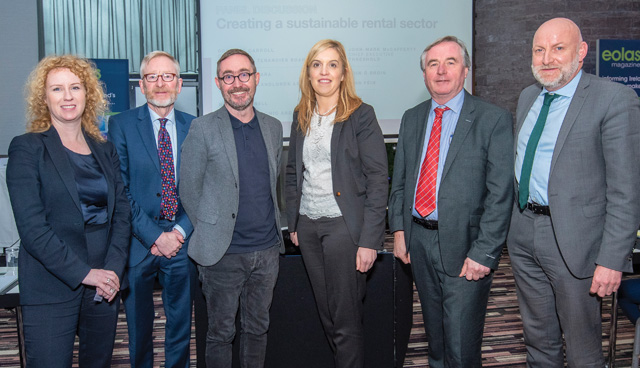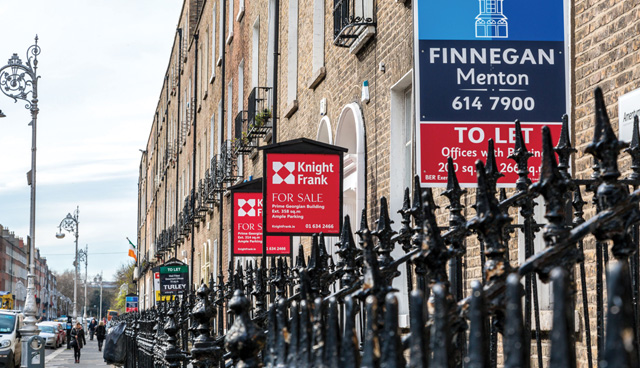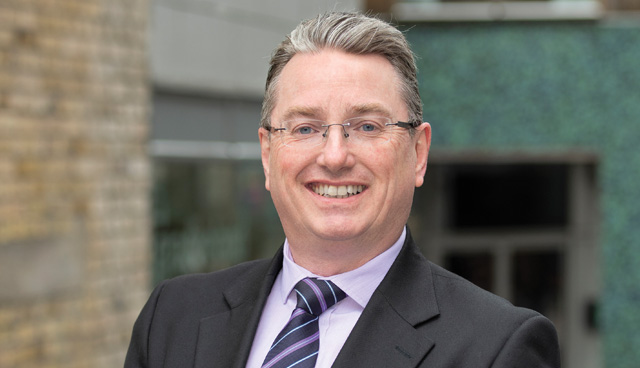
Cover story: A new model for social housing
17th May 2019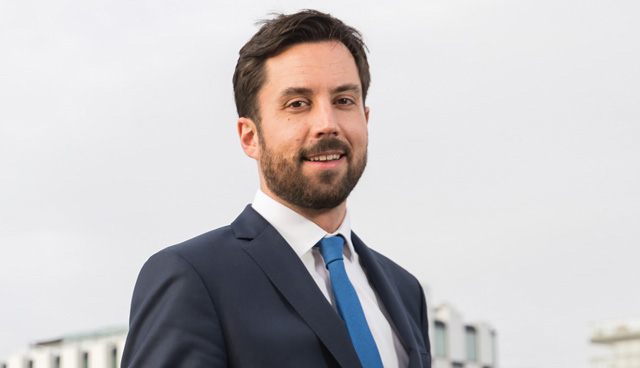
Reflecting on progress: Minister Eoghan Murphy TD
17th May 2019Rebuilding Ireland: Where are we now?
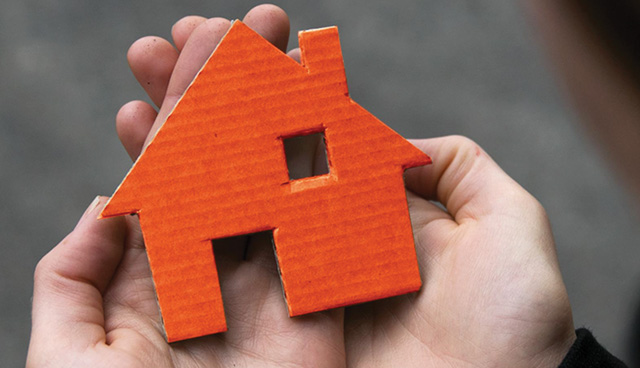

Launched in 2016, ‘Rebuilding Ireland’ is a €6 billion, multi-annual, broadly based action plan, which seeks to increase the overall supply of new homes to 25,000 per annum by 2020; deliver an additional 50,000 social housing units in the period to 2021; and meet the housing needs of an additional 87,000 households through the Housing Assistance Payment (HAP) scheme and the Rental Accommodation Scheme.
Since its launch, Rebuilding Ireland has already delivered over 12,700 built, bought or long-term leased homes in addition to a further 32,000 flexible housing solutions under the Housing Assistance Payment (HAP) and the Rental Accommodation Scheme (RAS). This works out at almost 45,000 individuals and families who have had their housing needs met over a two-year period.
The plan aims to specifically address the needs of homeless people and families in emergency accommodation, accelerate the provision of social housing, deliver more housing, utilise vacant homes and improve the rental sector.
Rebuilding Ireland ranges across financing measures, better use of existing homes, new construction and rental sector improvements, while providing effective methods for delivering on the plan’s stated ambitions will also be refined.
The Action Plan for Housing and Homelessness includes a comprehensive five pillar approach. These are: addressing homelessness; accelerating social housing; building more homes; improving the rental sector; and making better use of existing housing. According to the Government, all facets of Rebuilding Ireland are open to debate, additions and amendments.
Is the plan of action working?
The latest Social Housing Construction Projects Status Report, which covers the third quarter of 2018, confirms that some 18,781 additional housing solutions have been provided across all local authorities in 2018. This represents 74 per cent of the target for 2018 and an increase of 6,423 homes on the position at the end of quarter two.
Looking specifically at build, the cumulative output to end of quarter three was at 2,369 or 48 per cent of the target for 2018. Moreover, build output across the first three quarters of 2018 is up significantly on the same period last year, more than 80 per cent higher.

Credit: Social Housing Construction Projects Status Report Q3 2018
The report also shows that 4,933 homes were under construction at end of quarter three 2018. Some 2,652 homes had been approved and were about to go on site.
The full programme listed in the report now includes 1,173 schemes (or phases), delivering 17,536 homes. This represents a significant increase on the 12,293 homes which were in the programme at the end of the same quarter in 2017.
There has been a net increase of 1,185 homes in the pipeline over the quarter two position. Some 4,173 homes in the report have reached completion stage in 2016, 2017 and to end of quarter three 2018.
By the end of quarter four 2018, 4,992 homes were under construction while 2,569 homes had been approved and were about to go on site.
On the downside, homelessness rates in Ireland are, again, on the increase. Figures for the end of February 2019 show that there were 6,480 homeless adults in Ireland. The number of homeless families amounted to 1,707 with total dependents amounting to 3,784. The comparable figures for the previous month were: 6,363 homeless adults; 1,614 homeless families and 3,624 dependants.
Commenting on the figures, Housing Minister Eoghan Murphy TD says: “The increase in homelessness in February is hugely disappointing. Our plans to fix the supply of both social and private housing are working and this is borne out by the most recent build figures.
“The latest Right to Buy report also shows rent falling at the end of 2018. And yet, still we see more people entering emergency accommodation.
“I am in constant contact with local authorities and am working with them to help move families out of emergency accommodation and into sustainable housing solutions.
“As well as the increased supply of social housing, HAP will continue to play a vital role in providing families with a place to live until supply catches up. We will continue to work with families to demonstrate the benefits of this scheme over emergency accommodation.”
The Minister adds: “Further reforms to the rental sector containing new protections for the most vulnerable in our housing sector, including longer notice periods, will be coming before cabinet.”
The 2018 end-of-year Rebuilding Ireland progress report confirms that many steps have been taken in delivering on the aforementioned five pillars, which are at the very heart of the action plan.
For example, increased supports are now in place for families currently living in emergency accommodation, including enhanced childcare and family supports in family hubs. Such initiatives include providing homeless families residing in emergency accommodation and family hubs in the Dublin region with access to free public transport for essential school journeys.
Additional support services for families in emergency accommodation are available through the Department of Children and Youth Affairs and Tusla, the Child and Family Agency. These include: a special provision under the existing Community Childcare Subvention Programme of free childcare for children from homeless families; and a special emphasis being placed on children from homeless families through the School Completion Programme.
Schools with Home School Community Liaison coordinators are proactively engaging with parents from homeless families to assist access to any other supports that may be of assistance, while children in homeless accommodation are being prioritised within the School Completion Programme for services such as breakfast and homework clubs.
In order to provide a stimulating and healthy environment for children, young people and families who reside in family hubs, during the summer holiday period a series of initiatives and programmes were provided by Dublin Region Homeless Executive who also facilitated cooperation between various agencies to provide further supports while the schools were closed.
Progress has also been made in relation to the target of tripling the tenancies to be provided by Housing First teams in Dublin. According to the 2018 progress report, a consortium comprising Focus Ireland and the Peter McVerry Trust has been contracted to deliver Housing First in Dublin, directed towards people in long-term supported temporary accommodation and entrenched rough sleepers.
A National Director of Housing First has been appointed with responsibility for the development of the programme nationally. The National Housing First Implementation Plan 2018-2021 was published in September 2018 and sets out Housing First targets for every local authority in the country, totalling 663 tenancies.
At end of quarter four, the Dublin Region Housing First Service had created 290 Housing First tenancies for 243 unique individuals of which 210 (86 per cent) have successfully retained housing. The Dublin service was retendered by the Dublin Region Homeless Executive at the end of November 2018.
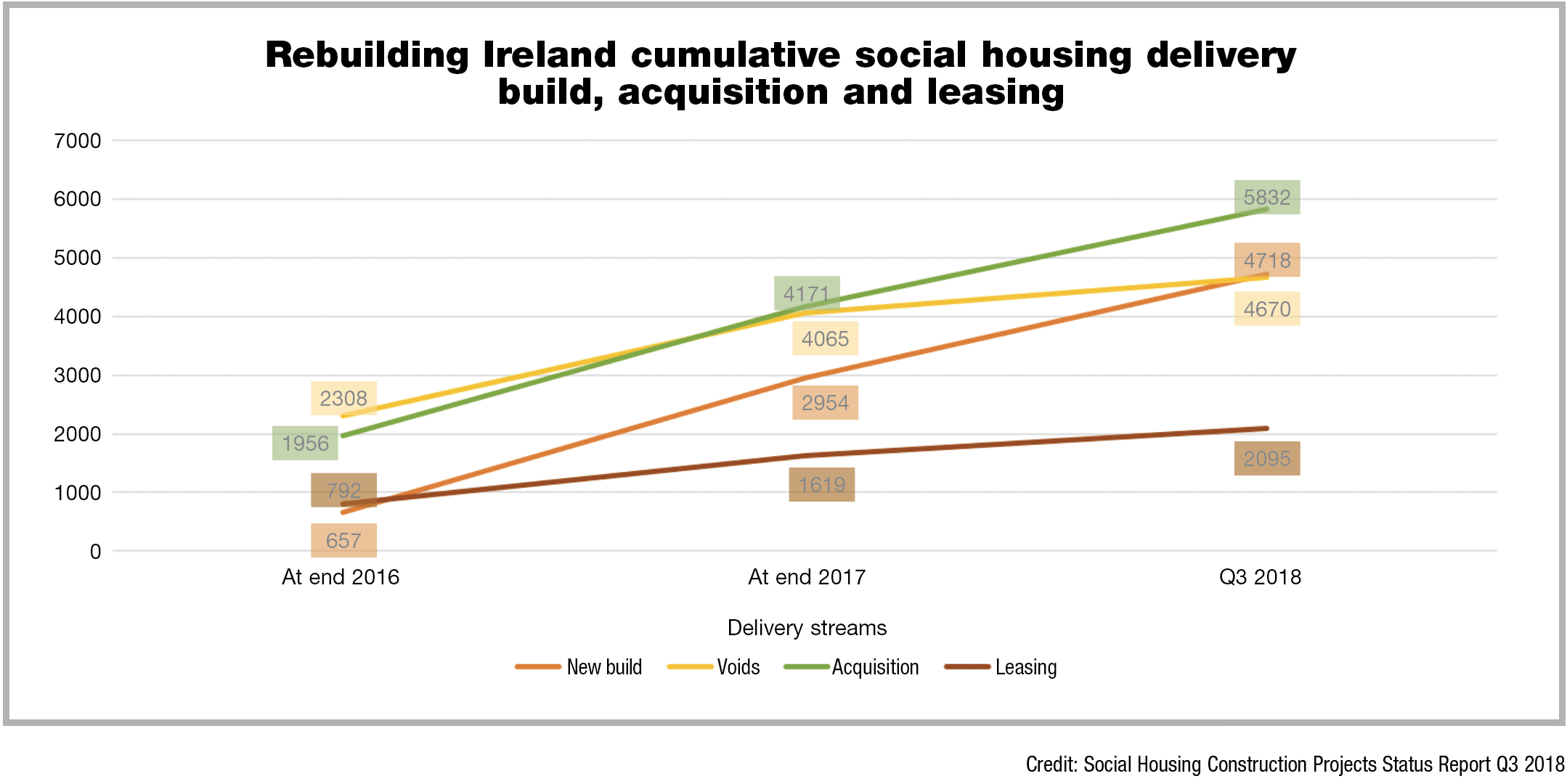
Tenders have been awarded by Cork City Council and Limerick City and County Council for the operation of Housing First in these areas, and Galway City Council has also undertaken a tendering process. Regional planning meetings involving national and local representatives from housing and health have taken place in the rest of the country.
Within Pillar 2 of the plan, government has committed to substantially increase the delivery of social housing to 47,000 homes by 2021, with funding of €5.35 billion, particularly focusing on new direct-build projects by local authorities and Approved Housing Bodies (AHBs).
By the end of 2018, 27,301 additional housing solutions have been provided during the year across all local authorities. Budget 2019 has allocated €2.4 billion for housing during the current 12-month period. This funding will provide 10,000 new social housing units in 2019. In all, a further 27,000 solutions will also be delivered across the country during the current calendar year.
The National Treasury Management Agency (NTMA) is committed to working with the private sector to establish a funding vehicle capable of facilitating off-balance sheet investment in delivering social and private housing.
This will be achieved through the acquiring of properties for onward long-term leasing plus the activation of new residential construction for the broader build-to-rent sector.
The Enhanced Lease was launched in January 2018 and two ‘calls for proposals’ from the market have been completed to date. It is planned that from quarter one 2019, the arrangement will fully open and access will be directly through local authorities and not just during defined calls for proposals.
Where affordable housing is concerned, the Government is committed to introducing an affordable housing scheme on state lands by making low-cost serviced sites available in regeneration areas in Dublin City and other areas with the greatest need.
It has been confirmed that €310 million of funding has been secured over 2019 to 2021 to provide on-site and off-site enabling infrastructure to facilitate the delivery of affordable homes through the Services Site Fund.
This funding will open-up local authority and housing agency sites, in or near centres where increasing house prices and rents have created a significant affordability gap for first-time buyers and for those wishing to rent, with scope to offset site costs from final price/rent charged under government affordable schemes.
The fund is being established to support ambitious local authority plans to make a meaningful difference to overall affordable housing supply, by servicing and making their land available for housing in high demand areas.
The total contribution per house site is €50,000. First calls were issued to 11 development agencies and councils in June, with closing date of end-August for first round of bids. Initial funding decisions are expected shortly.
During December 2018, approval in principle was issued for 10 infrastructure projects across five local authority areas, in Dublin and Cork, under the first call for proposals. The first tranche of funding of €43 million will enable delivery of 1,400 affordable homes on local authority lands. Infrastructure works on these projects will get underway in 2019 with the delivery of the new and affordable homes commencing in early 2020.
Finally, within the targets set for Pillar 4 of Rebuilding Ireland, government is committed to introduce a new affordable rental scheme. This will enhance the capacity of the private rented sector while providing quality and affordable accommodation for households currently paying a disproportionate amount of disposable income on rent.
With this in mind, a pilot project involving over 330 cost rental homes in St Michael’s Estate, Inchicore was announced in July 2018. A second pilot for 50 cost rental homes is also being advanced at a site on the Enniskerry Road in Dun Laoghaire-Rathdown County Council’s area, as part of a scheme of 150 homes.
Tenders have been received in relation to Enniskerry Road. It is anticipated that construction will commence imminently.

